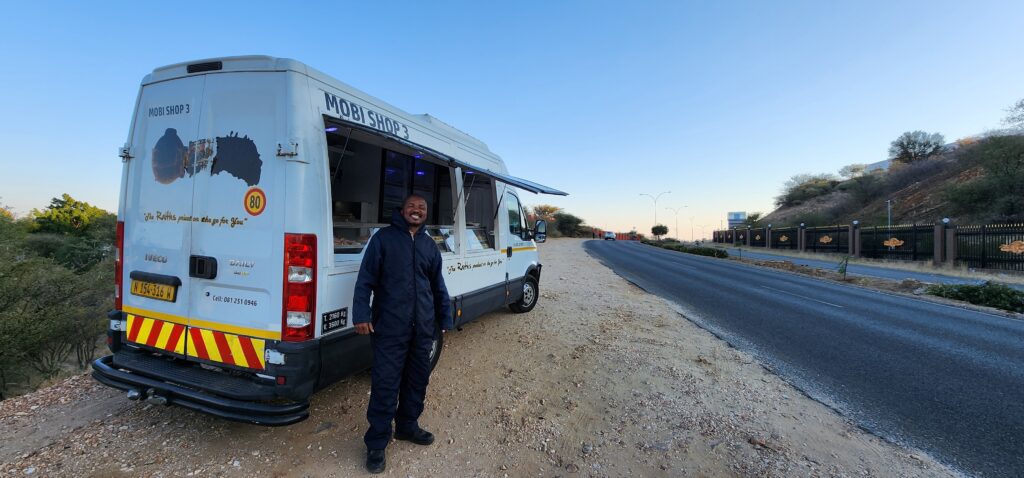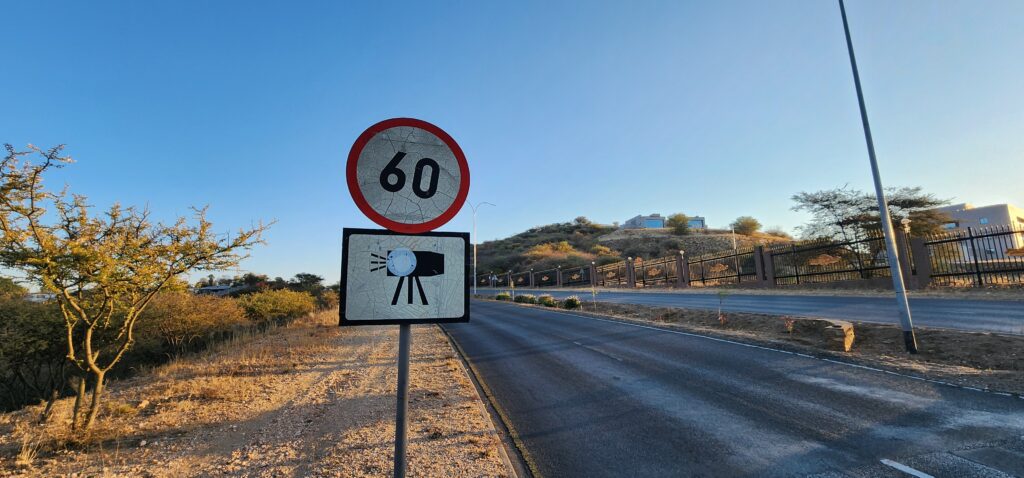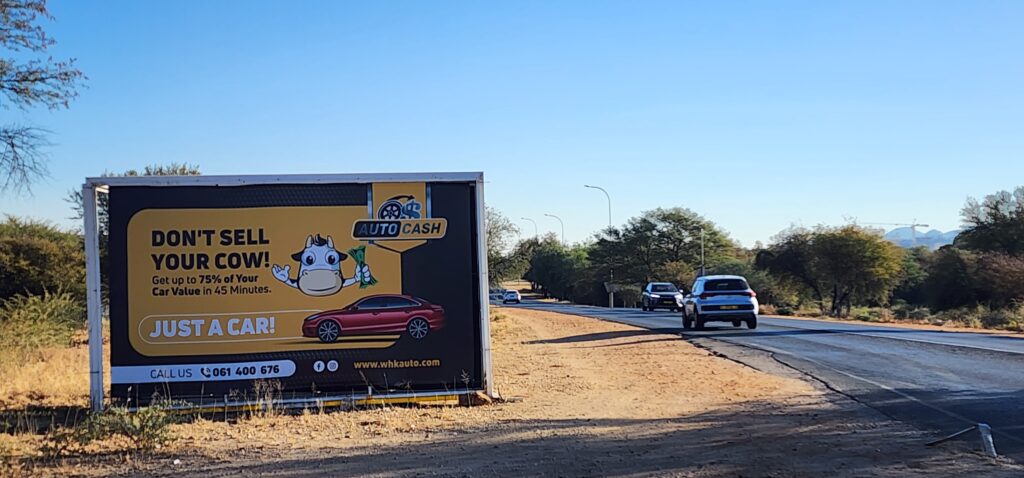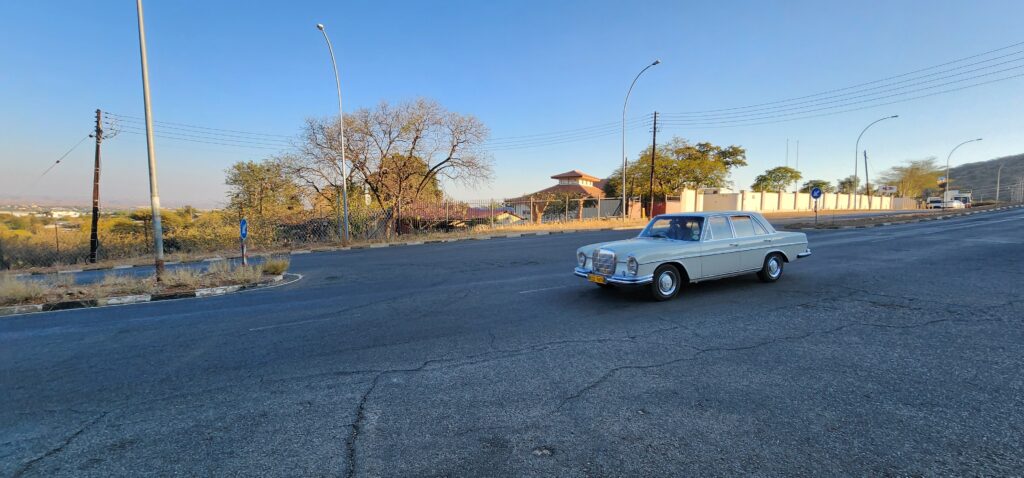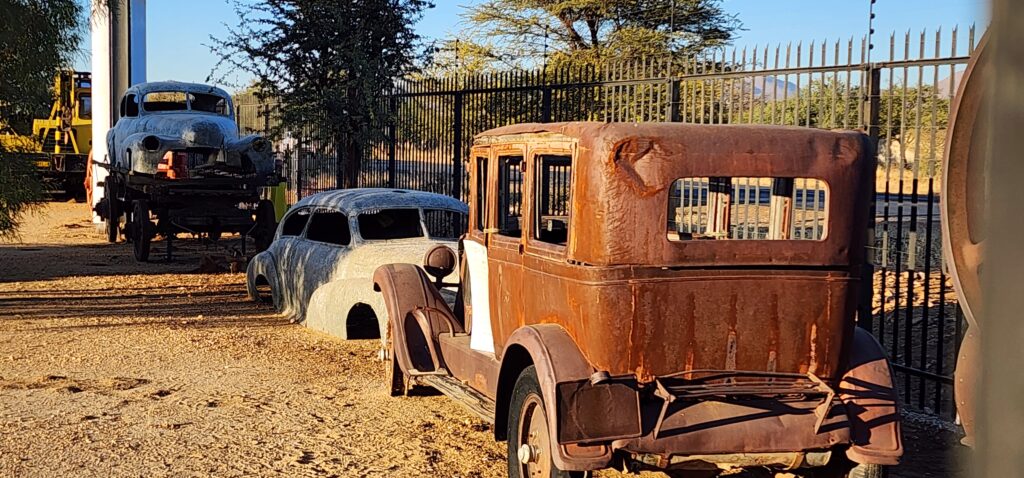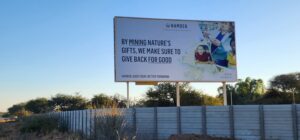You lose count on two accounts: one, when the number exceeds your counting ability and two, when you don’t count and instead just look forward to the next. I started visiting Namibia about two years ago on work and every time I am here, I am decided on what I have to do the next visit. ‘Eat Jollof rice from a Jollof place’ it is already – and I am here for another two weeks.
I have come across descriptions like: ‘Namibia is not a place, but an experience.’ While defining a place close to your heart it is easy to write these; sometimes the ‘experience’ becomes ‘feeling’ or ‘happiness.’ Yes, Namibia is more than a place, but what more?
A cauldron of vibrant cultures and warm people? A cordial ground of discrepant fortunes? All the game meat you can eat? Lobsters more gigantic than giants? Buzzing youth power about to come to the fore? These are just a few of the bingo cards for a nation nascent in its independence, smarting from a colonial past, struggling to come to terms with the present, and eager about the times to come.
Maybe I was thinking too much, it was after all just a morning walk. The only thing I needed to worry about was would Johnny still be there.
- Morning walks for great taste
And Johnny was there! Right at the top of the hill with his deli on wheels as he was usually at that hour. The office traffic was getting over; cars turned carefully into the shoulder by the road where he was parked. Johnny would quickly go over to the regulars with their usual with a cheerful greeting and collect payment with genuine gratefulness.
He was about to close, folding in the awning, and move to busier quarters where people spent the day. Sometimes it would be Namibia University campus, or the MTC office, Namibia’s largest internet services provider.
“But next door to the MTC is a supermarket which is not good for my business,” he said shaking his head.
“Why don’t you start serving coffee too?” I asked. Not a good idea apparently as it would delay service causing traffic on the busy street.
I got my croissant, wondered whether my walks were doing any good at all. All worries melted with the butter in the first bite.
- Camera ahoy!
It looked like an ancient television set – the kind where I started watching Doordarshan. Or maybe like the camera in the studio where my first portrait was taken – I was just out of a primary school group dance, the photo taken I strongly believe so my folks could snigger at the permanent rictus prompted by my first ever outing with lipstick. Whatever, the speed camera announced its presence – and purpose – boldly.
I thought about my home state Kerala where these cameras are usually hidden behind leafy boughs or atop lampposts – away from driving eyes. With sometimes a hoarding featuring svelte women in loose sarees for added distraction.
Then maybe it can’t be helped if the purpose is more about making money than saving lives.
- Just a car. Well.
‘Don’t sell your cow.’ Said the hoarding.
The visual was a bit confusing though – it showed a cow holding the moo-lah.
Whichever way my thoughts went looking at it, it was quite telling of the economic landscape. The World Bank has ranked Namibia among the most unequal countries in the world. Despite rapid progress since independence, halving poverty, human capital lags perilously. There is a ‘systematic exclusion of the black majority from full participation in economic activities that shape society and the economy… Economic advantage remains in the hands of a relatively small segment of the population, and significant inequality continues.’
Among this ‘significant inequality’ is land ownership: about 90 per cent of the land is owned by 10 per cent of the three million population. I knew a few from this 10 per cent – they owned farmlands stretching thousands of hectares. And I knew they weren’t in great fiscal shape.
Vast economic disparities have a way of levelling the chasm by itself.
- The Germans aren’t coming
They haven’t gone, to begin with. Not from here.
Germany and Namibia go back a long way, but not always in a good way. Some were pretty horrific like massive genocides a little over a century ago. In 2021, Germany agreed to fund projects worth USD 1.2 billion over 30 years to make up for the killings and eventual property seizures. It was the first time Germany officially admitted to the massacre of about 65,000 people calling it one.
Today the role of the government in collecting the blood money has been debated – many communities whose ancestors were killed have raised objections and have asked for fresh negotiations with Berlin, tribe-wise. Closure will be hard to come by anytime soon. There are no ‘doors of no return’ where you can pay homage and be done with.
The slightly late awakening was just enough time for the Holocaust wake to settle, it seems.
- Junkyard reimagined
As gloriously defunct and rusted out of any ductility, the stately junkyard set fire to my imagination, made me one of them. The locomotive, perhaps.
I was the multi-wived octogenarian patriarch. My consorts were all in varying stages of oldness – a few stood, some sank, and some others had to be held up. But they all stood their ground, proud, and I derived immense joy by just looking at them. They still had their place in the sun, and in my own ancient heart.
Memories of their well-oiled usefulness made me smile, when they would make heads turn, and set the town on fire. I do not remember the smoothness of their skin, or their real colour or original contours, but I still loved whatever remained of it.
Heck, I don’t remember even how I got here, but what I do is it was a good ride.
- Earth to humans. And back.
Like many lands under duress for the bounty it holds, here too.
Namibian economy grew by 4.2 per cent in 2023, a stronger than expected growth, spurred by the mining sector as well as oil.
One weekend, a little after oil was discovered in Walvis Bay, I was passing through on my way from Swakopmund. Some locals were on the beach partying. Asking around then I found not many knew about the richness their country had unearthed. Asking around later I found not many cared about the prospects either. It wasn’t that I met drunk Padawans first. What was missing was not potential but faith in the ability of the system at equidistribution of wealth.
If handled properly, there is enough to unleash development on a never-before scale in the country. It can singlehandedly give the non-oil sectors that were severely affected by the pandemic the push including construction and tourism. If handled properly. Sense of responsibility and conscientious behaviour must come from within.
And audit too.
Elections are coming up in Namibia in a few months. However, electoral registrations are dismal to date. Maybe legally barring those who don’t vote from discussing politics could help.

